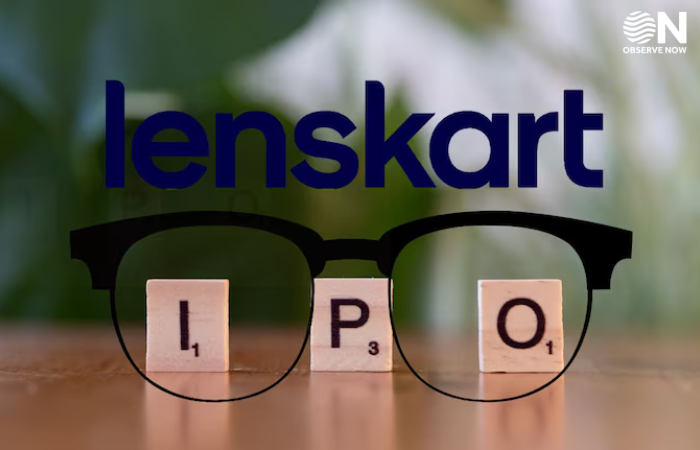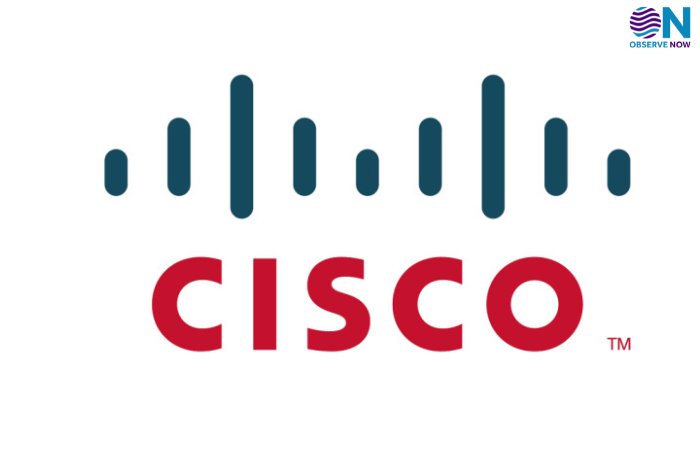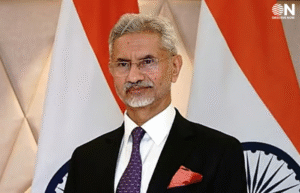Aakash CFO Vipan Joshi Resigns Amid Leadership Shake-Up and Funding Strain
Aakash Educational Services has witnessed another top-level exit as its Chief Financial Officer, Vipan Joshi, stepped down from his role amid growing financial and managerial challenges. The resignation adds to a series of senior-level departures at the ed-tech company, which has been grappling with liquidity concerns and uncertain investor sentiment in recent months.
Joshi, who joined Aakash to oversee financial strategy and compliance, is said to have played a key role in navigating the company’s post-merger integration with Byju’s. His exit comes at a time when Aakash is facing increasing pressure to secure new funding to sustain operations and expansion plans. Industry insiders suggest that strained cash flow and delayed capital infusion from parent company Byju’s have intensified the leadership churn.
The resignation follows multiple high-level exits across Aakash and its parent organization, signaling broader instability within the Byju’s ecosystem. Despite Aakash’s strong brand recognition and steady student base, financial headwinds have reportedly hindered its ability to meet growth targets and maintain profitability. Analysts believe that this leadership vacuum could further slow ongoing restructuring efforts.
Aakash, which remains a major player in India’s test-preparation sector, has been seeking independent funding to strengthen its balance sheet and sustain its offline and hybrid education models. The company is exploring potential investors and strategic partners to stabilize operations and preserve its market leadership.
While official statements remain limited, industry experts note that Joshi’s resignation underlines the mounting challenges faced by large ed-tech players in balancing aggressive growth with sustainable financial management. With the search for new leadership underway, the company’s next phase will depend heavily on its ability to restore investor confidence and ensure smooth financial recovery amid an increasingly cautious funding environment.




















